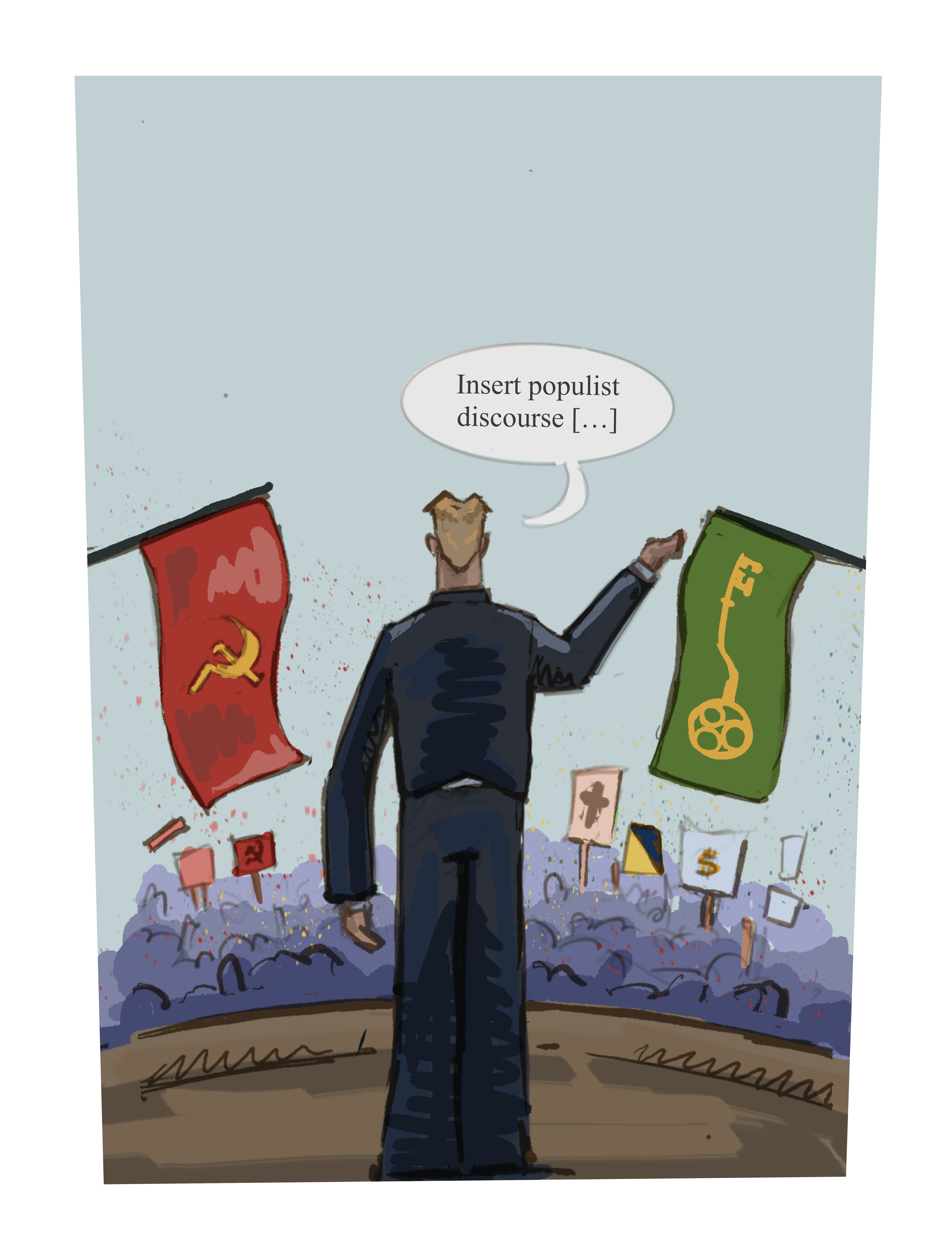Different Words, Same Results
The Perils of Populism in Ecuador and Brazil in the 21st Century
DOI:
https://doi.org/10.26443/firr.v14i1.153Abstract
In 2007, Ecuadorians elected Rafael Correa, a left-wing leader who based much of his platform on calls for decolonial reform and the indigenous cosmology of buen vivir. Representing the opposite side of the political spectrum, Brazilians elected right-wing politician Jair Bolsonaro, whose platform included social conservative and anti-environmental rhetoric. Both leaders can be understood as populists, which refers to the phenomena whereby leaders build a multi-class coalition via a personalistic party, have charismatic personalities, and have a redistributive agenda within the existing social bounds. Populism is an ineffective mechanism to address the demands of civil society, which is ultimately detrimental to democracy, as highlighted by the case studies of Ecuador and Brazil. This paper focuses on the impact of populism on one aspect of democracy, the dispersal of power and the limitation of domination by one person or a small group.
Downloads

Downloads
Published
Issue
Section
License
Copyright (c) 2023 Isabel Siu-Zmuidzinas

This work is licensed under a Creative Commons Attribution-NonCommercial-NoDerivatives 4.0 International License.

